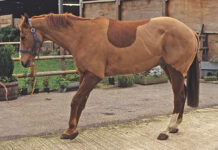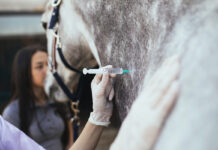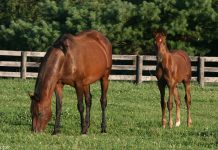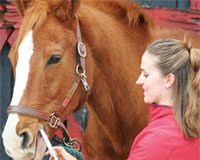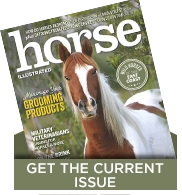
A: Good for you for recognizing that equine retirement isn’t about an age or a number but has more to do with a particular horse’s body (or mind) slowing down, not recovering as quickly, or just not having the same desire or enthusiasm as earlier in the career. Although the science of exercise physiology in aging populations is relatively new even in humans, we are learning that older individuals are not as exercise tolerant as their younger counterparts. For example, muscle mass, bone density, cardiovascular fitness and the aerobic capacity for exercise, flexibility, and other parameters all decline with age.
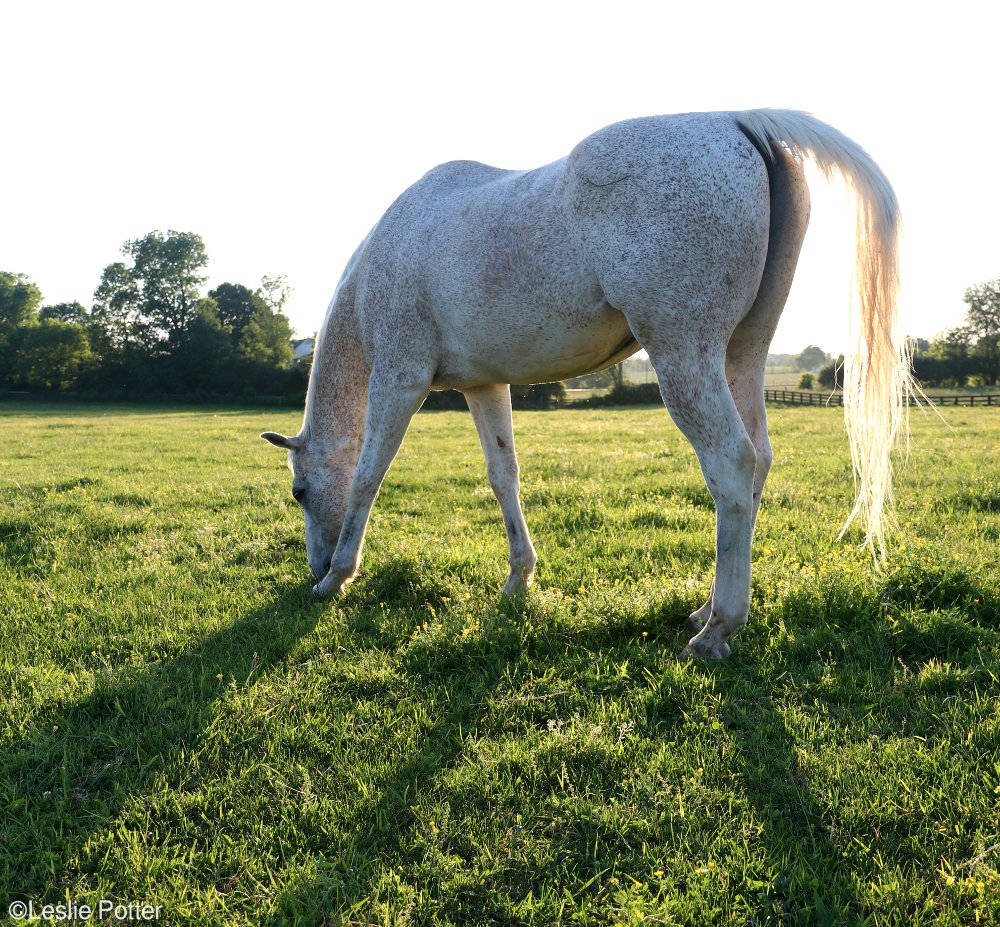
Performance aside, it is generally accepted that, while age is not a disease, aged horses may be more susceptible to certain diseases. Cushing’s disease, equine asthma syndrome (aka “heaves”), and arthritis are just a few that come to mind. Between a reduced ability for maximal work and an increased tendency for certain medical conditions, owners really do need to consider both the physical comfort and general “zest” for activity of their senior equine companion.
Despite all these changes going on in the body, some horses thrive on having a job and being fully retired or “put out to pasture” can be quite stressful, especially if done abruptly. There is no one-size-fits-all when it comes to equine retirement. Instead, treat each horse as an individual and provide them with the retirement that best fits their physical, social, and emotional needs. This may mean simply stepping down a level, competing at schooling instead of recognized shows, or even not competing at all anymore but still remaining in regular work. It could also mean transitioning to a different discipline or career if your horse has a versatile skillset.
However you decide to reduce your older horse’s workload and activity, try not to stop exercise one day out of the blue or suddenly turn out to pasture with brand new companions. And understand that a 40-acre pasture may sound like an ideal retirement to you and even to some horses, but those used to the hustle and bustle of a busy barn may still like to be in the thick of things even as their schedule lightens up. For many horses, keeping the same routine once they’ve begun to slow down and take it easy is more enjoyable and less stressful than having their diet, exercise, turnout, and buddies all changed at once.
Don’t forget that your veterinarian can be an excellent partner as you make the transition to retirement with your horse. Between stepping up annual physical exams, dental care, and other efforts designed to maintain wellness, prevent problems, and identify issues in the early stages, your vet is a great person to consult with about not only when to take things down a notch but how.

